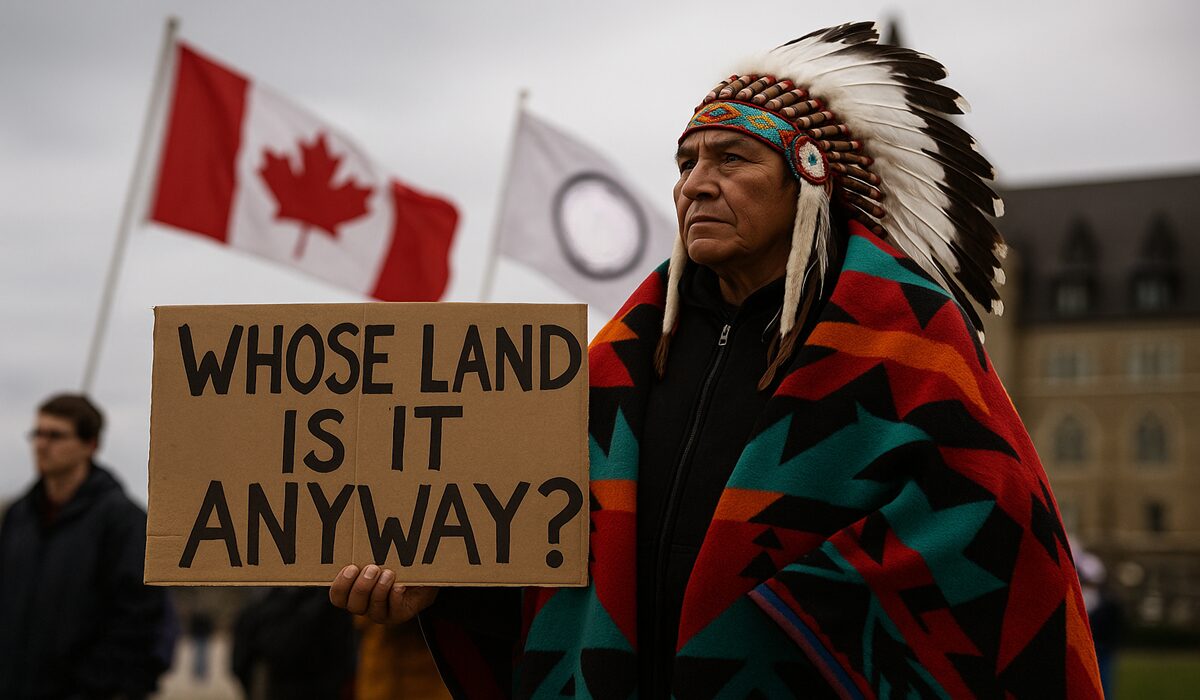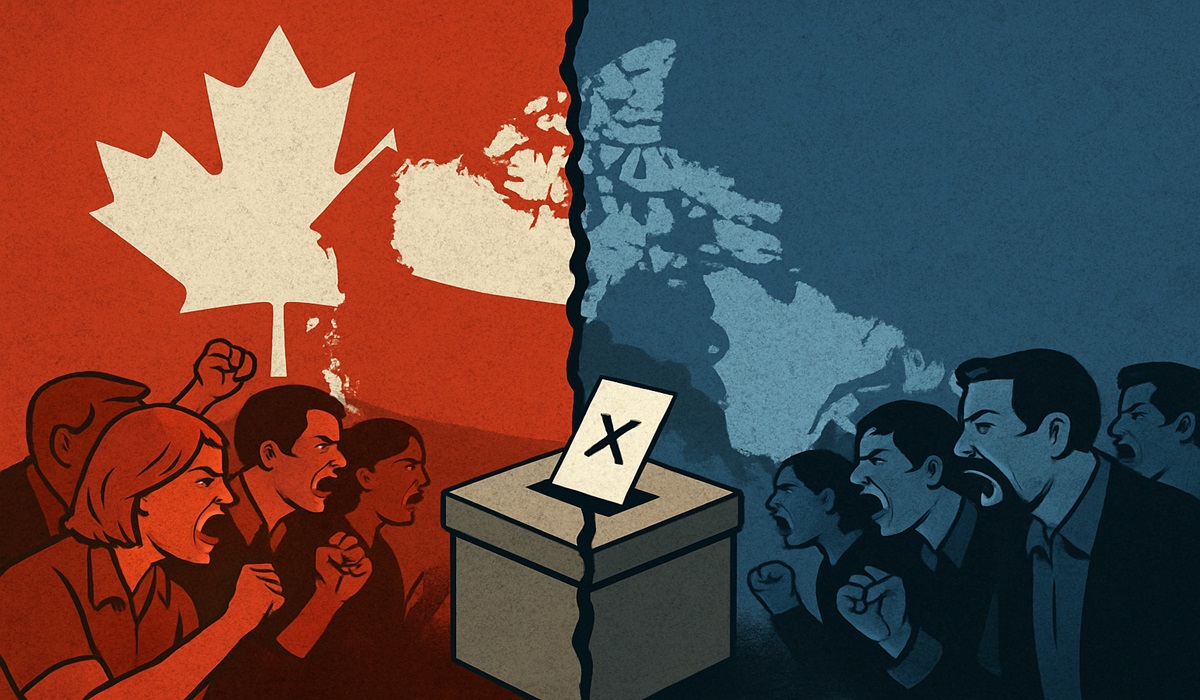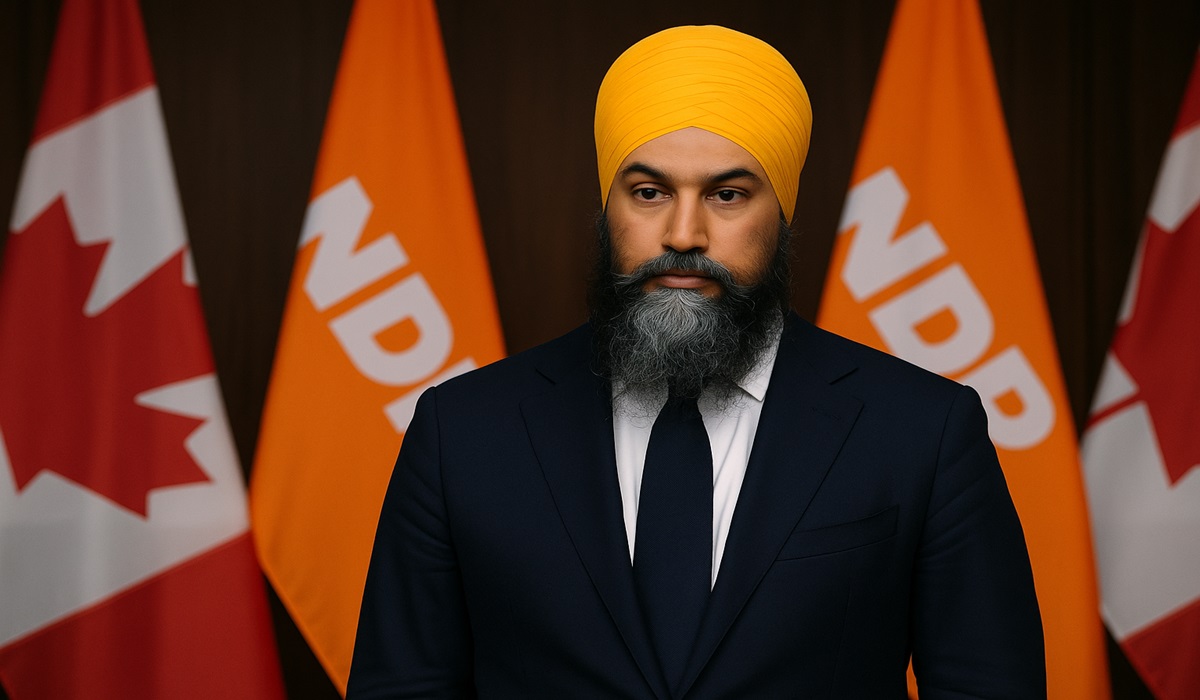In a move that has left political watchers questioning both the motive and the wisdom, Conservative MP Damien Kurek announced he is resigning his seat in the Alberta riding of Battle River–Crowfoot so that Conservative leader Pierre Poilievre—who lost his own Ontario seat in the last federal election—can have a second chance at Parliament. The announcement was quickly followed by a statement from Poilievre praising Kurek’s “selfless act” and vowing to “earn the trust of the good people” of the region. But behind the polished rhetoric lies a host of political and ethical questions that refuse to be smoothed over by party spin.
Let’s start with the obvious: Battle River–Crowfoot is considered one of the safest Conservative ridings in Canada. In fact, the party has held it with landslide margins for decades. But anyone who’s been watching the seismic political shifts of the past few years knows that the phrase “safe seat” has become more of a political superstition than a statistical certainty. Just ask the Liberals, who’ve watched strongholds crumble under the weight of growing voter volatility and grassroots insurgencies. Or better yet, ask Maxime Bernier.
The People’s Party of Canada leader, who is wasting no time signalling he will be running a candidate in this by-election, represents a unique threat to Poilievre’s right flank. Bernier may not command majority support, but he doesn’t have to. Even a small siphoning of votes in a Conservative stronghold could be enough to give Liberal strategists a golden opportunity—especially when, according to internal Liberal sources, they plan to run a full-throttle campaign backed by a deep bench of high-profile candidates and national resources.
It’s a calculated risk for the Conservative Party, but it’s also a gamble they’ve boxed themselves into. Poilievre, having lost his own Ontario riding, needed a swift and clean pathway back into the House of Commons if he’s to continue leading the Official Opposition with credibility. Still, the optics are bad. A sitting MP voluntarily vacating his seat for the party leader? It reeks of backroom dealing, no matter how much the party insists otherwise.
According to the party’s official line, Kurek was not promised anything in exchange for giving up the seat. That’s a hard sell. No one runs for office, wins, and then walks away from a federal job with benefits, salary, and influence without expecting something—a future nomination guarantee, a Senate seat, a cushy private-sector position. Maybe not today, maybe not tomorrow, but someday soon. Let’s not pretend political altruism comes without reward.
The real danger here isn’t just the public perception of insider politics—it’s what happens if the plan fails. If Poilievre loses this by-election, even in a so-called “safe” Alberta riding, it would shatter the narrative of party strength and unity. It would embolden Bernier’s PPC, electrify Liberal momentum, and throw the Conservative leadership into chaos. There’s no Plan B. The entire play hinges on a win that is no longer a sure thing.
In a political climate where voter loyalty is crumbling, disinformation is rampant, and third-party spoilers are on the rise, parachuting a party leader into a seat he didn’t earn from the ground up is risky, even arrogant. It sends a message that the party takes Alberta for granted—and Alberta voters don’t take kindly to being used as pawns.
This by-election could very well become the defining moment of Poilievre’s leadership. Not because of the speech he gives if he wins, but because of the fallout that follows if he doesn’t. Conservatives are betting big on the old rules of Canadian politics still applying. But if the last few elections have taught us anything, it’s that those rules are gone—and the game has changed.









